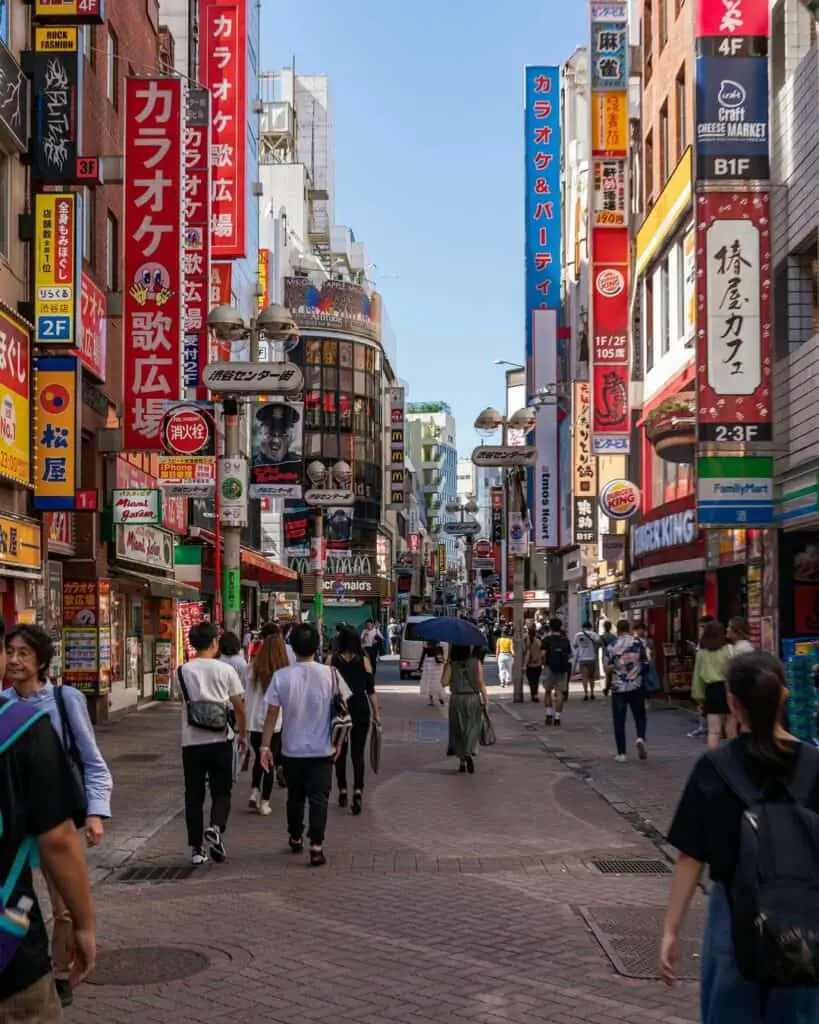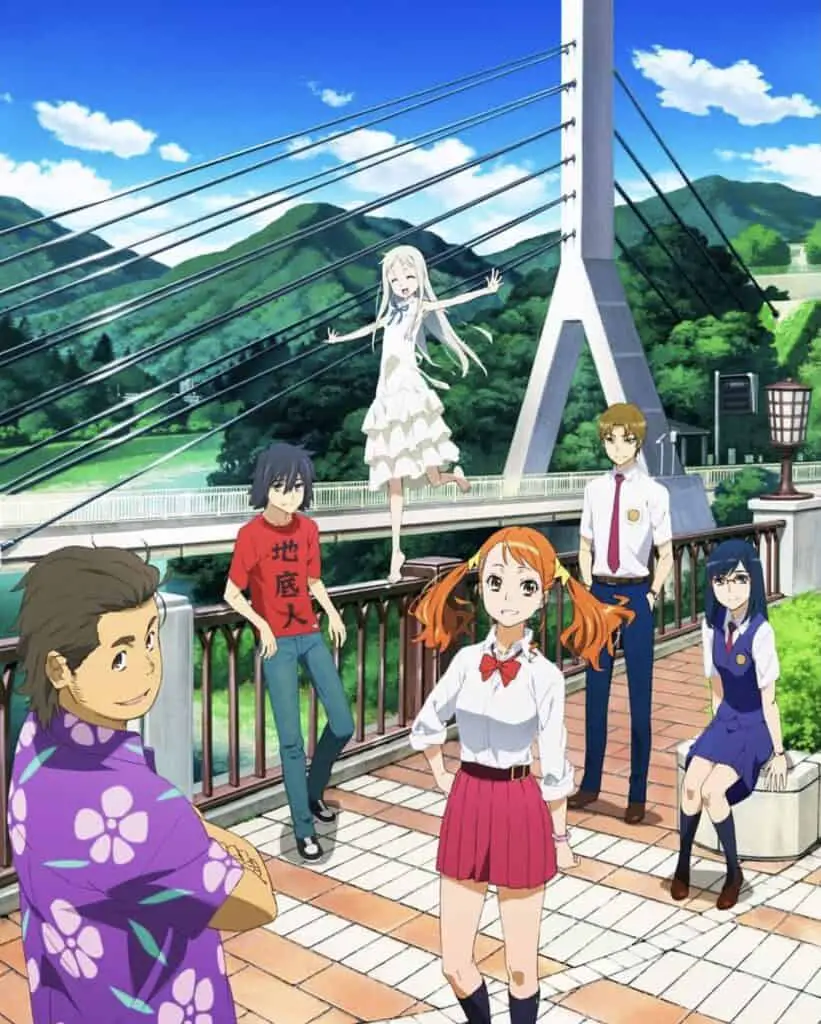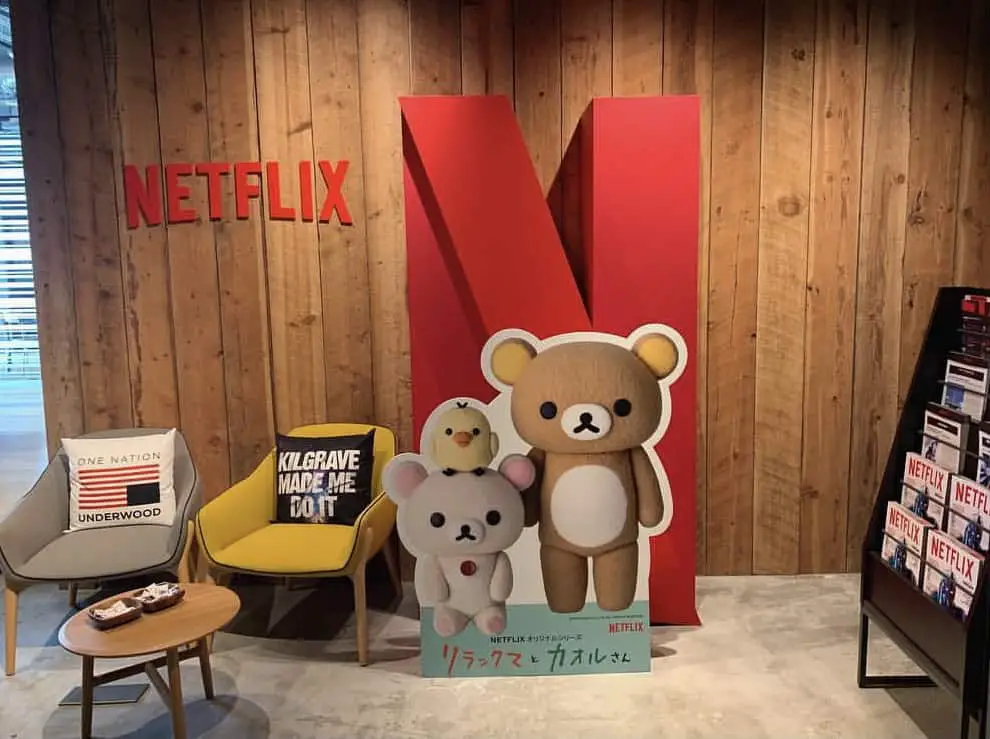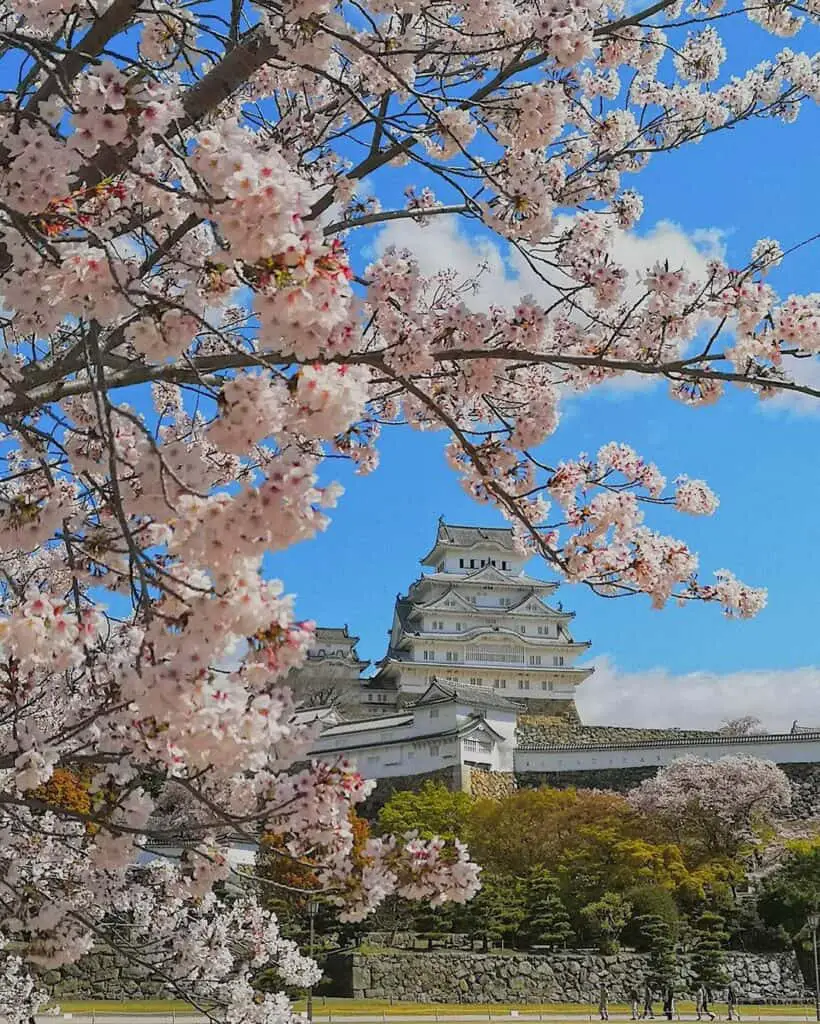It’s always exciting to travel to another country, especially in your youth. Countless friends, family, and bar patrons all have endless stories to tell from their backpacking days, and if they’re a raconteur, they’ll surely regale you for hours with nostalgic reverie. Part of the joy of doing it at a young age is that as you’re discovering new territory, you’re also discovering yourself, and the travel may have a distinct influence on the person you grow to be.
Those memories aren’t trifles, they’re precious moments that had a shattering impact on your whole persona. And when those friends in the bar start in on their stories, part of them is still trying to recapture those fleeting moments of true earnestness that once seemed so relevant and important. There may be a tinge of regret they ever left, but with that comes the full breadth of what they’ve done since, and a look of satisfaction falls over them.
Perhaps you haven’t experienced it yourself or went about finding that same peace in your own way. But if you’re looking for a rejuvenating experience at any time in your life, you can’t go wrong with picking up stakes and traveling to another country.


Of course, let’s not forget Japan’s astounding cuisine (there’s a lot more than just instant ramen). Meals like sukiyaki and businesses like Ichiran are some of the best-known parts of Japanese culture.
Japan is one of the most attractive countries for Americans to visit. Rich with a complex, beautiful, and often exciting culture entirely foreign to travelers, with Opera as critically acclaimed as Italian and cinema that can often be extreme, but fascinating.
Japanese art and historical relics are a sight to see, and the architecture is unlike anything on this side of the Bering Strait. A deeply cultural country, visitors are often astounded by things like sumo wrestling and the care that goes into raising Wagyu beef.
Moreover, Japan is incredibly friendly to tourists. It’s customary for the Japanese to be incredibly hospitable to visitors, a tradition that’s steeped in history. Some visitors from the states, used to the occasional lousy waiter or rude hotel clerk, have reported experiencing culture shock upon arrival.
In normal years, tourism can reach as many as 31 million visitors a year. However, the pandemic obviously has had a major effect on travel, cutting that number down in 2020 to just 4.1 million. But once vaccines have taken effect, that number is expected to skyrocket back to normal status, if not surpass it.
But before you book a flight anytime soon, it’s important to prepare yourself beforehand. This will offset culture shock, as well as avoid any embarrassing missteps. No one takes pleasure in being labeled the obnoxious, ignorant tourist. This article hopes to prepare you for your eventual journey to the East.
Does Japan Have a Military?

Yes, Japan has a military called the Japanese Self-Defense Force. The Japanese Millitary has three branches – maritime, air, and ground.
The answer to what sort of military organization exists in Japan lies in the history of what happened after America dropped two atom bombs on Nagasaki and Hiroshima on August 6, 1945. It may well have been a crucial factor in turning the tides of World War II, but historians often grapple with the brutal force reckoned that fateful day.
In 1949, a new article in the Japanese constitution was included that stated that Japan would never use war to settle international conflicts, and the Japanese military would never “again maintain land, sea or air forces or another war potential.”
That doesn’t mean, as later administrations interpreted, that they weren’t allowed to defend themselves.
Since then, Japan has participated in aiding the Americans against the Soviets in the 1980s and has since created a counter-terrorist unit.
Does Everyone in Japan Watch Anime?

This is probably one of the worst stereotypes you can go through life either never thinking or only thinking, and it probably says more about just how much you know about the rest of the world than it does about the place you’re speaking about.
No, not everyone in Japan watches anime. In fact, it’s estimated that only 50% of Japanese people enjoy watching anime. However, anime has become one of the most watched and loved forms of entertainment in Japan in recent years.
Anime is a specific style of animation, notable for the character’s large cartoon eyes. But it’s no more popular in Japan than Looney Tunes or Disney is here. The studios responsible for many of the kids’ shows, such as Studio Ghibli, market their product for youth, and it’s not the only option for Japanese kids.
When those kids get older, they may or may not develop an interest in Manga comics, which is really no different than an American teen who grew up with Bugs Bunny and graduated on to the graphic novels of Alan Moore or Frank Miller.
And adults, unless they express a specific interest in animation, don’t really get involved with anime or manga. There’s plenty of very serious, mature Japanese cinema and literature for them to enjoy, much of which often gets remade by America. The Ring, for instance, was one of the most popular horror films to come out of 2002, but Ringu came first, and some say it’s better.
If horror is not their speed, the classic works of Akira Kurosawa are still some of the very best films ever made. Rashomon, in particular, has had a great impact on American cinema.
Does Netflix Work in Japan?

There are a lot of questions around just what is offered from streaming services in various countries. In Canada for instance, the services are hampered slightly by Canadian Content Laws that are antiquated in how they determine what can be considered Canadian. Other countries have various censorship rules, particularly with American films that may openly criticize their country.
The Departed, for instance, was not shown in China for a throwaway line about being at war with the country within a decade.
Yes, Netflix works in Japan. Japan also has one of the most thorough streaming collections on Netflix in the world. In addition to an unfiltered access to anime that you may not be able to see otherwise, they also have a rich collection of films.
But you can judge for yourself. Getting a trial with a VPN, which masks your IP address, allows you to peruse the Netflix of every country for a month, but after that, it requires a monthly charge. It’s worth it, especially if you live in a country whose selection is not of the best quality.
Does Revolut Card Work in Japan?

Revolut is an English online banking company that has been growing rapidly.
Yes, the Revolut card works in Japan. The Revolut card in Japan works like any other online bank, with debit cards, Apple pay, currency exchange, and other features that are especially useful in travel.
So if you haven’t signed up or seen an opportunity to do so, be sure to stay abreast of any developments in your area.
Does Uber Work in Japan?

Uber has been an incredibly popular transportation service in the new, app-driven world. It’s also highly controversial, with taxi drivers in every major city revolting.
Uber is one of the most popular ride-sharing apps in America, but does Uber work in Japan?
Yes, Uber works in Japan. Uber first launched their services in Tokyo and now have over 50,000 registered Uber drivers with an extra 10,000 or so on standby waiting for passengers.
But just because Uber has been around for 3 years doesn’t mean that it’s always been successful. They’ve faced many challenges throughout their history such as protests from taxi drivers who say that Uber should be regulated like any other taxi company – not given special privileges; customers complaining about surge pricing during natural disasters when people needed transportation more than ever.
That being said, taking a traditional Japanese taxi might be worth it just for the experience. The taxis in Japan are usually vans, and the door is typically always open unless it’s cold outside. Those taxis, however, are a little more expensive. Uber is a cashless transaction, and it’s not increased at peak hours as it often is elsewhere.
Does Yakuza Still Exist in Japan?
Yes, Yakuza still exist in Japan. There are still plenty of gangs involved involved in gambling, prostitution, and drug trafficking operating throughout Japan today. Estimates say that there are close to 30,000 members of Yakuza in Japan today.
The Yakuza have a long and storied history in Japan. The first mention of the name “Yakuza” was found in an 1866 book about Japanese society, which described them as being
In modern day Japan, however, many people think that the Yakuza are no longer around. This couldn’t be further from the truth –
Akio Kashiwagi was a real estate investor and high-stakes gambler. He was quite talented at the latter and thought he’d try his hand at Donald Trump’s new casino, The Trump Plaza Hotel, in Atlantic City. He proved too good a gambler for the casino, and when Trump couldn’t pay the ten million dollars he had won, the casino was in jeopardy of bankruptcy. An alleged scheme involving another brilliant gambler was hatched, and Kashiwagi wound up leaving $4 million dollars in debt.
But Kashiwagi never paid that debt. He was murdered with swords in his home by Yakuza in 1992.
This is just one of the many frighteningly true stories about Yakuza that run around Japan. The year Kashiwagi was murdered, the Anti-Boryokudan act was passed and membership decreased significantly.
How Safe is Japan to Visit?
Safety should always be a primary concern when traveling.
Overall, Japan is considered very safe for visitors for many years. It is in the top ten countries listed in the Global Peace Index.
The biggest threat for travelers these days appears to be natural disasters, as the country is no stranger to violent storms and tsunamis.
What is the Best Time to Visit Japan?

Japan experiences absolutely gorgeous weather year-round, however, it’s radically different than what you may be used to.
Unless you plan on skiing, which can be a very attractive option, the best time to visit Japan lies somewhere between March-September. That’s when the weather is the best.
But whenever you go, make sure that you’re respectful of customs that may be alien to you. Part of traveling is learning what life is like elsewhere, and it’s an important lesson in this increasingly divisive world in which we co-exist.